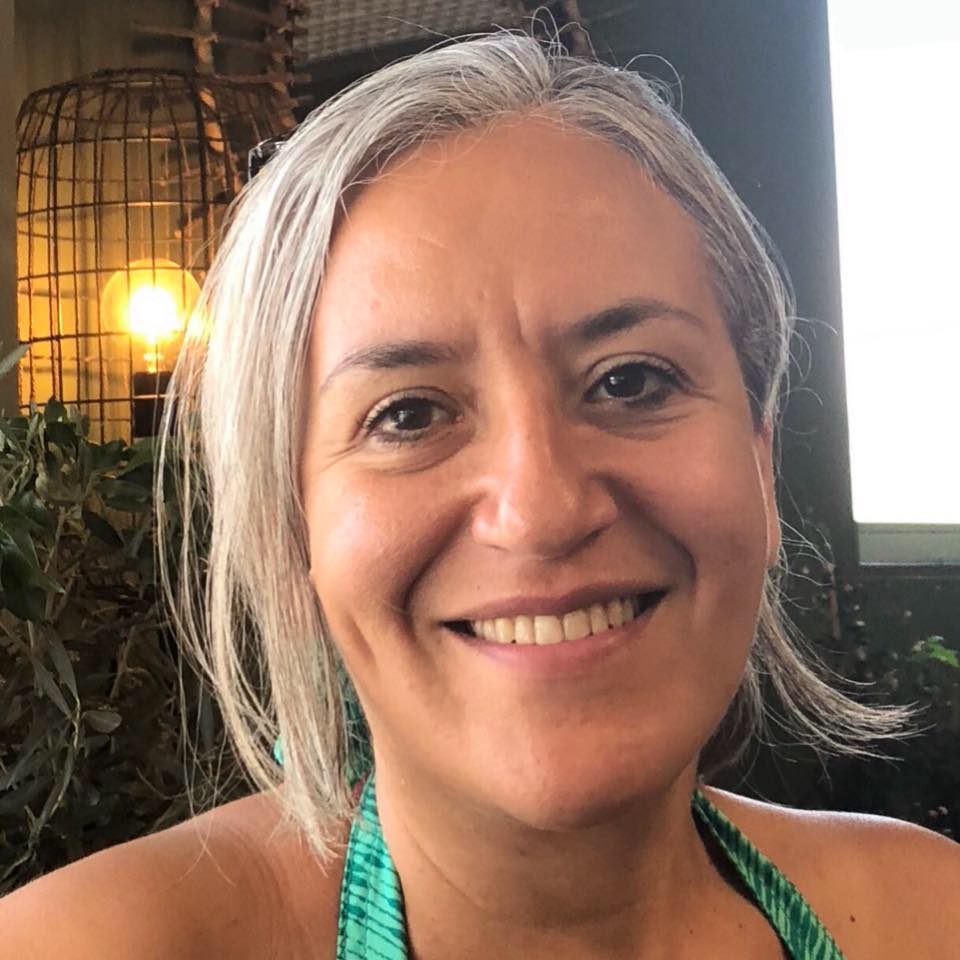It’s the end of January and chances are you still have some New Year’s adrenaline in your system.
Maybe you’re thinking: THIS IS IT. This year I’ll change.
I’ll start the new healthy routine that I have been putting off for so long. I’ll leave behind the toxic/boring/soul-sucking job. I’ll find the ideal partner. I’ll get pregnant. I’ll . . . ___________________________________________________
(insert here the elusive dream you’ve long been chasing).
Know that your goal is within reach. But before you enthusiastically embark on this next chapter in your life, what is it that you need to leave behind? What has been feeling heavy or difficult to accept?
The more disappointment we carry towards ourselves, others, or life in general, the more likely we are to be quickly pulled back to the status quo, with inertia smiling at us with large teeth and our inner critic declaring: “See, I told you it was impossible. I told you you were not ____ enough!”
Before starting a new chapter in life, you need to know where you are. But most important, you need to accept where you are regardless of how far you are from your ideal life or goal.
How often do you wake up and feel you are not where you imagined yourself to be at this point in your life?
Do you ask yourself what you did to be where you are now? How did you get it so wrong?
Maybe you worked really hard, made sacrifices and compromises, or took risks, but you are still far from where you were hoping to be. Sometimes it feels like life is punishing you, ignoring all your talents, efforts, energy, and goodwill.
Or perhaps things did turn out exactly like you planned, but you feel anxious and guilty about not feeling the fulfillment you expected? Your life looks perfect and ideal to most people—except to you.
Ancient philosophers and religions have often insisted on the importance of Acceptance. More recent teachers like Eckhart Tolle or Byron Katie among others have also written about this concept of accepting “what-is.” They point us to the serenity, peace, and strength that emerge when we stop resisting what-is.
Acceptance is tricky as it’s often mistaken for passivity. Practicing Acceptance is however not lowering expectations or letting oneself drift away and accept wherever the torrents of life take us. Instead, it is to free ourselves from our expectations and disappointments, and to not tie our self-worth or happiness to external validations and unrealistic checklists.
I would like to share with you a three-step process to deal with disappointments and expectations. Part of it is inspired by a book I recommend called “Expectations Hangover” by Christine Hassler.
Step 1: Identify Your Disappointments
Spend some time reflecting on the questions below to identify your disappointments. For each one, rate the level of disappointment you feel on a scale of 1 to 5 (1 being bearable, 5 being painful).
- Is there something in your life that did not turn out the way you wanted?
- Do you regret a choice you made or an action you took?
- Do you feel let down by someone?
- Is there a relationship that is upsetting you?
- Is there something in your life you are not enjoying even though you thought you would?
Step 2: Move Into Acceptance of Your Disappointments
For each disappointment identified in the previous step, ask yourself:
What are you judging about it? What do you think should or shouldn’t have happened? List all your opinions, even the callous ones.
Next, think of a time when things didn’t exactly go your way, but you accepted it rather than fight it. It can be something as big as not speaking up for a promotion you didn’t get or as small as not being upset over a delayed train. Bring to mind a time when you simply accepted what was. Close your eyes and visualize it until you are deeply experiencing what Acceptance feels like.
Once you are in the feeling of Acceptance, look over the list you wrote in response to the questions in Step 1 and rewrite the list using the phrase “I am willing to accept” before each statement.
For example:
“I am willing to accept that I am not where I thought I would be in life.”
“I am willing to accept that I was betrayed.”
“I am willing to accept that I didn’t get promoted, that I am not fully utilized in my job.”
“I am willing to accept that I wish I had made a different choice in my life.”
Remember: Acceptance does not mean you have to like it. It just means you are releasing resistance against what-is. Notice the relief that emerges when you stop resisting and judging.
Step 3: See the Overlooked Accomplishments and Gifts
This last step is only possible after you have left some of the heaviness of your disappointments behind. When you look at where you are and what you have accomplished so far, are there any achievements or aspects of your life that you had not planned but that actually turned out pretty well—or perhaps even better than what you would have planned?
Maybe not getting a promotion allowed you to spend more time with your family or to focus on your well-being. Maybe breaking up from a relationship allowed you to meet an even better partner. Make a list of those accomplishments and possible gifts.
In Latin, acceptare means receiving willingly. I love this idea of receiving as it is often linked to presents and joyful surprises rather than something that is taken away from us.
By stopping to resist what we do not like, we make space for receiving more from life. We develop the ability to see the gifts, the possibilities and the opportunities that have been there all along, but that are often obstructed by the distorted lens of our expectations.
As Eckhart Tolle beautifully puts it: “Accept—Then Act. Whatever The Present Moment Contains, Accept It As If You Had Chosen It…This will Miraculously Transform Your Whole Life.”


